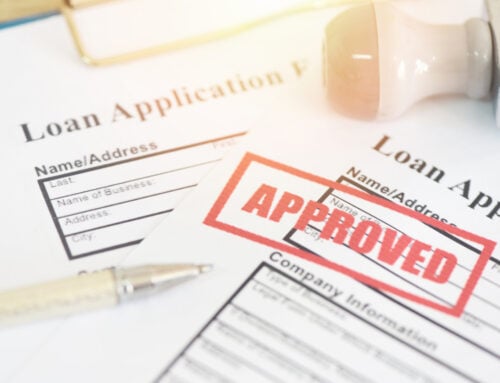Undergoing the refinance process is becoming more and more common, and it seems to be everyone’s favorite conversation topic as of late. If you aren’t sure if this is the right decision for you or don’t fully understand how the refinancing process works, this article should give you a good overview of why you should (or shouldn’t) refinance your home.
What is the Refinance Process?
 A refinancing process is, in short, a trade-in. You’re replacing your previous mortgage with a new one, most likely with an updated principal and interest rate.
A refinancing process is, in short, a trade-in. You’re replacing your previous mortgage with a new one, most likely with an updated principal and interest rate.
There are two types of refinancing processes:
- Cash-out refinances: in this case, you liquidate part of your home’s equity. The new mortgage consists of your previous mortgage’s balance plus the cash you obtained from your home’s equity.
- Rate-and-term refinances: Your current mortgage’s balance is used to create a new mortgage with a better interest rate and/or lower monthly payments.
In any refinancing process, you can choose your mortgage lender. You don’t necessarily have to refinance your house with your current lender.
Reasons to Refinance Your Home
- To lower your monthly payments and/or interest rate: interest rates when you initially took out your loan might not be the same as interest rates today. If there are better interest rates than what you already have, it might make sense to consider refinancing. Lowering your interest rate can also impact your monthly payments, reducing them as well.
 To change your loan term: Similar to the previous point, the refinance process could make sense if you wish to reduce your loan term. This will likely get you a better interest rate and result in you paying less interest overall. Alternatively, you might want to lengthen your loan term instead of shortening it, which would result in lower monthly payments.
To change your loan term: Similar to the previous point, the refinance process could make sense if you wish to reduce your loan term. This will likely get you a better interest rate and result in you paying less interest overall. Alternatively, you might want to lengthen your loan term instead of shortening it, which would result in lower monthly payments. - To take cash out: A cash-out refinance process allows you to use the equity you’ve developed in your home to liquefy it and borrow money. You can reinvest that money you took out, whether it’s in renovations, repairs, etc., that will elevate your property’s value. You can also use that money for payments such as education or medical bills if you don’t have access to alternative funds.
- To change your loan type: If you already have a mortgage, you are likely aware of how many different types of loans there are. However, your needs might not be the same as before, and it might be time to change the type of mortgage you have.
- Your credit score has improved: If your credit score is significantly higher than when you initially took out your mortgage, you may be able to refinance at a better rate.
Is Refinancing Your Home a Good Idea for You?
The refinance process can be an opportunity to improve your financial situation and revisit the terms of your current mortgage. Whether you need funds or because your financial circumstances have changed since you first negotiated your mortgage, refinancing could be the best solution for you and your family.
Refinancing is a simple process that includes many different options to accommodate your specific situation. The main objective of the refinancing process is to create a new mortgage agreement that aligns with your goals and needs as closely as possible.
Refinance With Union Capital Mortgage
If you are a homeowner interested in the refinance process, Union Capital Mortgage has a long history of experience in refinancing homes and a highly qualified team of loan advisors to help you. Visit our website today or call (440) 585-5626 today!
Lets Talk!
Ask us anything – our mortgage loan officers are here to guide you towards the best loan for your lifestyle and financial goals. Give us a call today at 440-585-5626, or fill out our contact form below!






